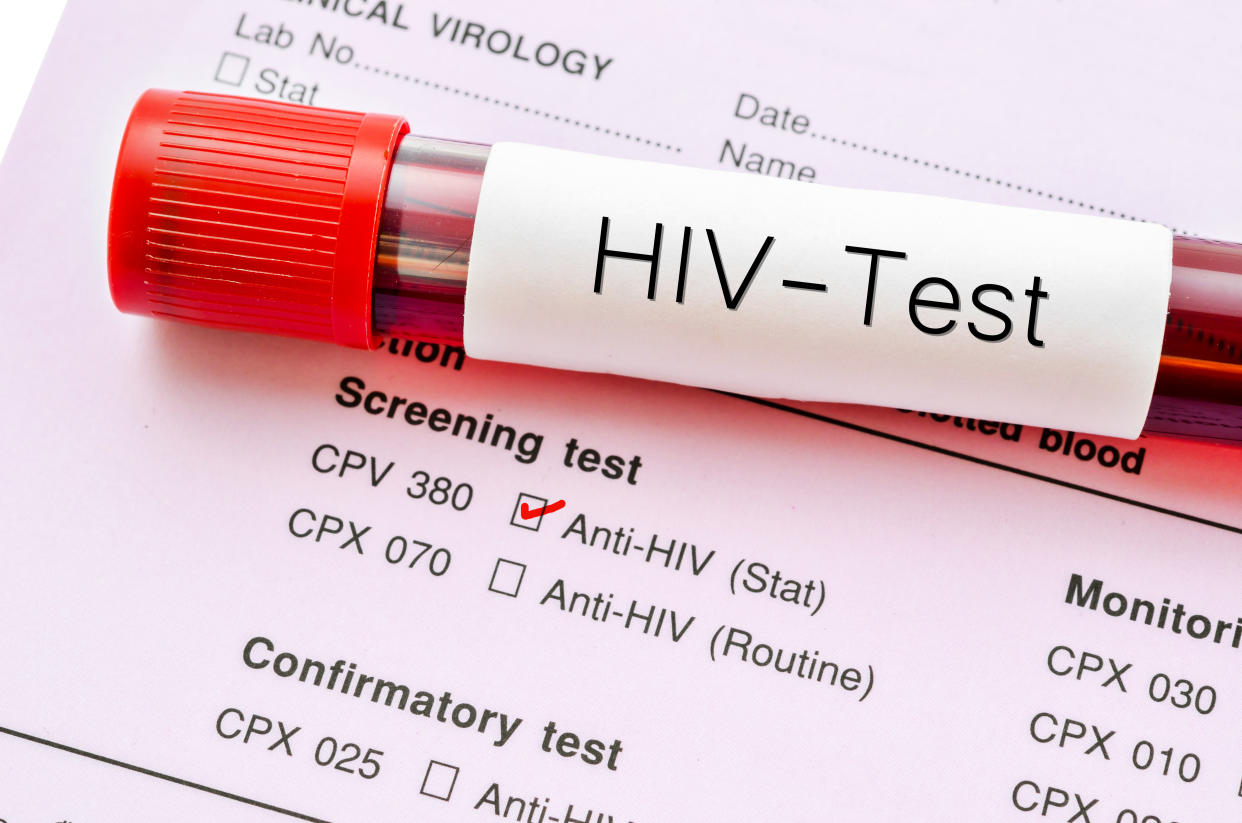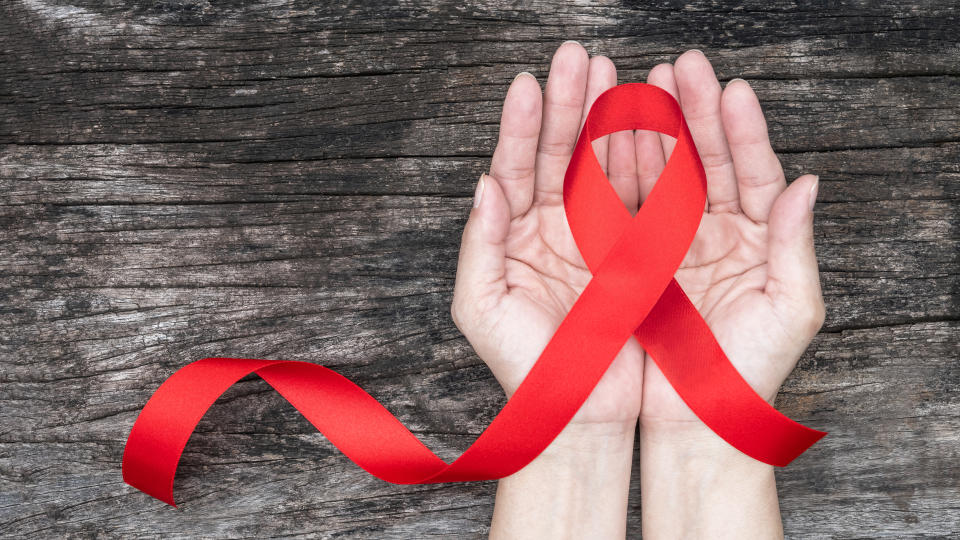Doctors 'not convinced' HIV patient cured by cocktail of antiviral drugs and a B vitamin

Doctors are “not convinced” a human immunodeficiency virus (HIV) patient has been cured after taking a cocktail of antiviral drugs and a B vitamin.
An unnamed man, 35, from Brazil is reportedly showing no sign of the virus more than a year after he stopped conventional HIV medication, a lifelong regimen that suppresses the pathogen so it is undetectable in the bloodstream.
Read more: Second patient 'cured' of HIV after a stem cell transplant
He instead took an intense experimental drug therapy that worked to purge the virus from his body, medics from the University of São Paulo have said.
An HIV test carried out in February reportedly came back negative, raising hopes of a cure without patients having to endure gruelling stem cell transplants.
While it may sound encouraging, other experts have stressed this is an isolated case, with the drug regimen failing in the four other patients it was tested on.
‘It’s a gift of life’
Speaking of his treatment, the Brazilian man said: “I’m very moved because it’s something millions of people want.
“It’s a gift of life, a second chance to live.”
The treatment came about when the São Paulo scientists tested different drug regimens that may purge HIV from the body.
This is no mean feat, with the pathogen lying dormant in cells where it cannot be wiped out by medication or the immune system.
Drugs can help to suppress the virus, but it reactivates if a patient stops taking them.
Lead scientist Dr Ricardo Diaz said the team were “trying to wake up the virus” so it would come out of “hiding” and could be eliminated by the immune system.
Read more: Half of women with HIV in Europe ‘progressing towards Aids’
The Brazilian man had been taking a standard three-drug regimen to suppress his HIV.
In September 2015, the scientists added the antiviral medication dolutegravir and maraviroc, as well as nicotinamide, a form of vitamin B3.
Nearly 12 months on, the patient went back on the standard three drugs for two years, then reportedly stopped all HIV medication in March 2019.
The virus has supposedly been undetectable in many blood and tissue samples he has provided since then.
“We can’t search the entire body, but by the best evidence, we do not have infected cells,” said Dr Diaz.
Tests have also revealed the man has no HIV-specific antibodies, proteins released by the immune system in response to an infection.
To confirm what he hoped was true, the patient had an independent HIV test in February, which came back negative.
“I think it’s very promising,” said Dr Diaz. “This patient might be cured.”

‘I’m a sceptic about all of this’
The case was presented at the virtual International AIDS Society conference, but is yet to be published in a scientific journal.
“These are exciting findings but they’re very preliminary,” said Dr Monica Gandhi from the University of California, San Francisco (UCSF).
“This has happened to one person and one person only”.
Dr Jonathan Stoye from the Francis Crick Institute pointed out that previous studies that intensified a patient’s antiviral drug regimen “have not suggested a route to a cure”, adding there is also no “plausible model for [the] effect of vitamin B3”.
“I am not convinced,” he added.
Read more: TV medic Dr Ranj takes an HIV test live on This Morning
Dr Steven Deeks, from UCSF, stressed “this is not a cure”, but rather an interesting report that warrants further research.
He said the antibody result is “the most fascinating part of this story”, but that much more testing is required before the patient can be declared HIV-free.
Dr Anton Pozniak, from the Chelsea and Westminster Hospital in London, agreed.
“I’m waiting,” he said. “I’m a sceptic about all of this.” He added that we should wait “until a couple of years go by” before determining the man’s HIV status.
As well as the regimen being unsuccessful on the four other patients, similar approaches failed in 30 HIV-positive participants.
Nevertheless, Dr Diaz has claimed he has been given the go-ahead for a 60-patient study into the treatment.
This is reportedly sponsored by government grants in Brazil and the UK pharmaceutical company ViiV Healthcare, which manufactures maraviroc.
Is HIV ‘curable’?
The unnamed “Berlin patient” was the first person to be “cured” of HIV following a stem cell transplant. This was later replicated in Adam Castillejo, “the London patient”.
Although HIV is generally considered “incurable”, a daily dose of antiretroviral therapy enables patients to live “longer, healthier” lives, while reducing the risk they will pass the virus on via unprotected sex.
The goal of the therapy is to lower a patient’s viral load to an undetectable level, meaning the quantity of the virus in their blood is too low to be picked up in a test.
These patients have “effectively no risk of transmitting HIV to their HIV-negative partners through sex”.
HIV damages immune cells, preventing them from fighting off everyday infections, like colds.
Nearly all (97%) patients on antiretroviral therapy in the UK are “[HIV] virally suppressed”, National Aids Trust statistics show.
Left untreated, HIV can develop into acquired immune deficiency syndrome (Aids).
This occurs when the immune system is so severely damaged, the patient is at risk of life-threatening infections and diseases.
A stem cell transplant has therefore been suggested for patients requiring a “last resort”.



